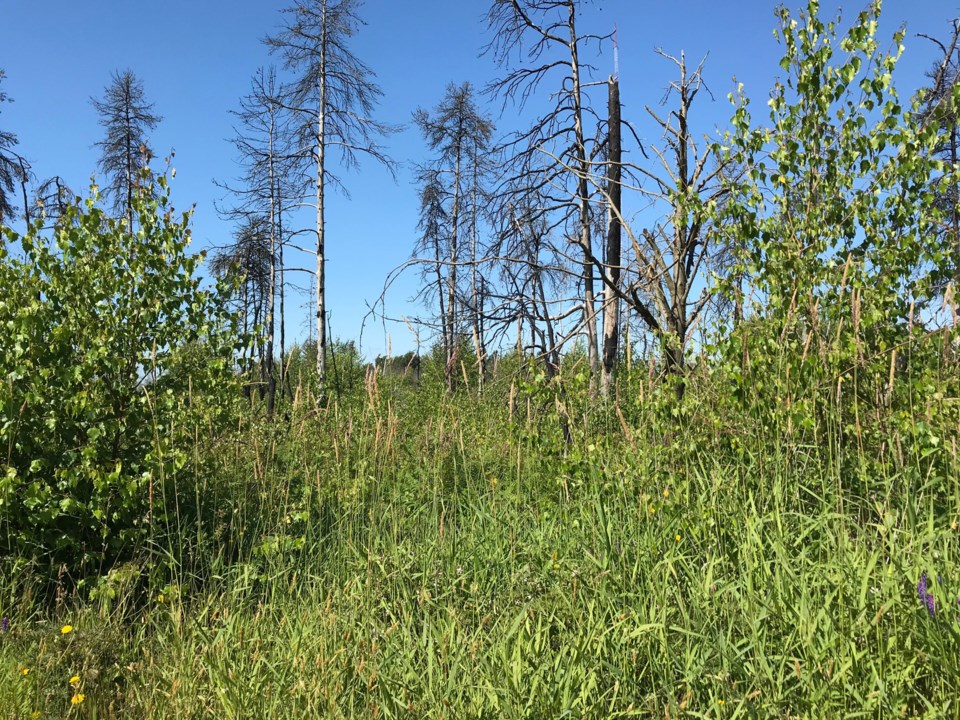Metro Vancouver continues to lose hundreds of hectares of sensitive ecosystems per each year while simultaneously seeking to increase the amount of protected land by 2050, a new report to the regional government’s board of directors shows.
Metro Vancouver senior planner Laurie Bates-Frymel reported that the region, from Lions Bay and eastward to Maple Ridge and Langley, contains 176,429 hectares of “sensitive and modified” ecosystem, which largely includes the North Shore’s forests and the Fraser River estuary, including Boundary Bay and Roberts Bank.
Since 2009 the region has lost 2,500 hectares, 1,800 of which came within the urban core, which only accounts for 33,554 hectares, comprising largely of grasslands, streams and large parks — such as Burns Bog, the UBC Endowment Lands and Stanley Park — intertwined with human infrastructure.
“The speed and scale of this ongoing loss is concerning for many reasons,” including loss of flood protection, carbon storage, urban heat mitigation and mental and physical health benefits, said Bates-Frymel.
The losses, however, do appear to be abating, said Bates-Frymel.
The region lost just 900 hectares between 2014 and 2020, whereas it lost 1,600 between 2009 and 2014 — just over the size of New Westminster.
“That’s good news. We’re slowing down the loss of ecosystems,” said Bates-Frymel.
More recently, the region lost 700 hectares of forest, 400 hectares of which were in the urban core.
“The nature of ecosystem loss observed over the last five years ranges widely, from the clearing of large, high-quality ecosystems, to small, disturbed remnant patches,” Bates-Frymel’s report states.
“Even smaller losses, or nibbling, can add up to large losses over the long-term,” Bates-Frymel told the board.
There are many causes of ecosystem loss, she noted: 34 per cent to logging; 23 per cent to agriculture; 16 per cent residential development; 10 per cent mowing and clearing; and six per cent industrial development, most notably.
“There’s definitely trade-offs,” said Bates-Frymel, noting the most permanent losses are via human development, as agriculture and cleared forests can often return back to a sensitive ecosystem.
While these lands are being lost, Metro Vancouver is aiming to increase the amount of permanently protected sensitive ecosystems, from 40 per cent of the land mass to 50 per cent by 2050.
Bates-Frymel said the process involves park acquisition by Metro Vancouver, municipalities, First Nations and the provincial government; but also conservation groups and private citizens.
Bates-Frymel’s titled Sensitive Ecosystem Inventory Update 2014-2020 Change Summary was received unanimously by the board on Sep. 7.




